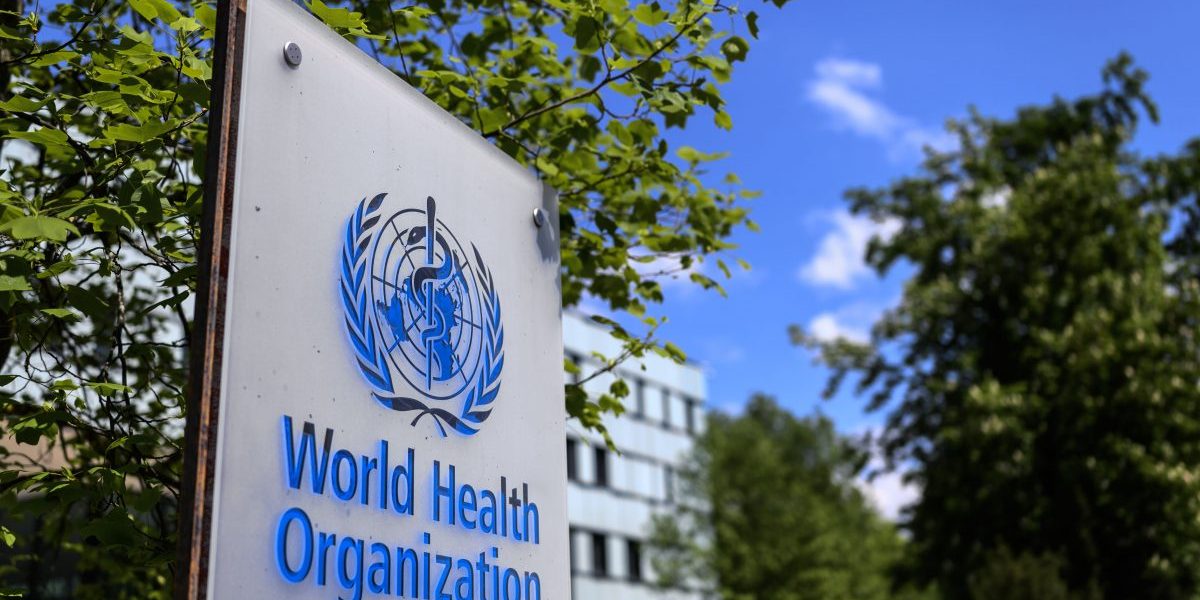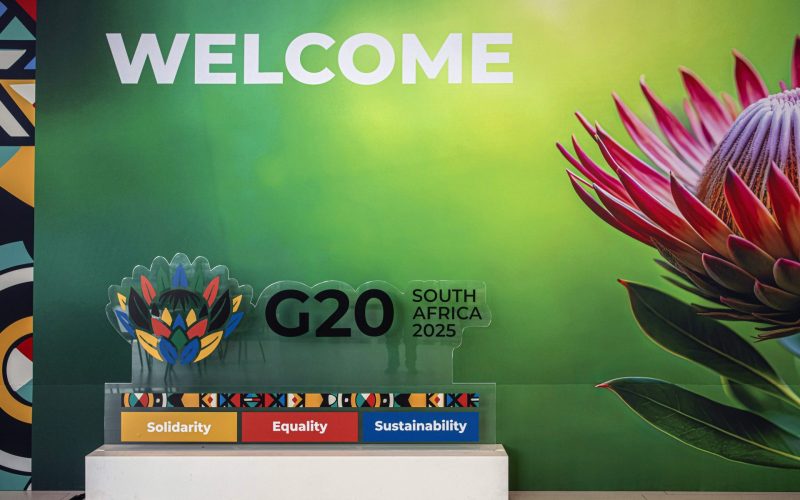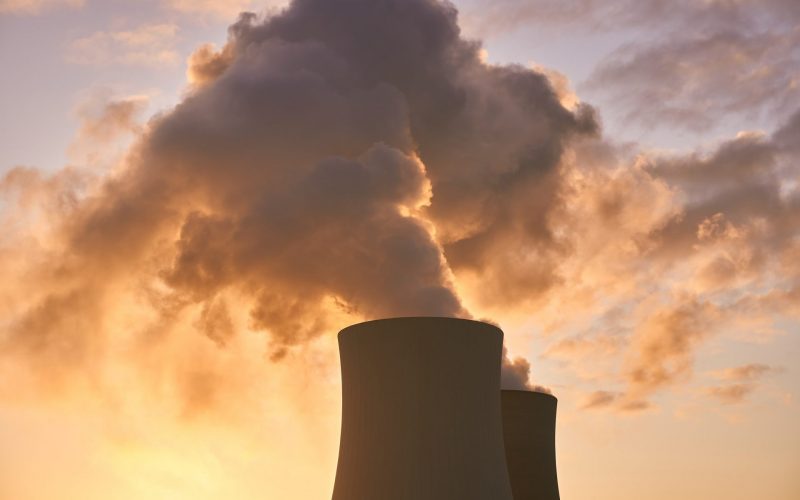In the midst of this visceral crisis, the instruments and interventions to combat the disease are falling woefully short. Thus far, the pandemic has exposed not only how far the world is from effective and unified global governance, but also a crisis of confidence in the institutions expected to guide international action and cooperation.
Moreover, far-sighted and enlightened leadership that emboldens collective action and effective, accountable institutions remains elusive. This is particularly apparent at the World Health Organisation (WHO).
The only global health body currently tasked with promoting health worldwide and battling global health emergencies, the WHO is only as strong and effective at its members allow it to be. Criticism about its role in managing COVID-19 therefore needs to be assessed against the measures its members have taken to strengthen and capacitate it to fulfil its mandate.
The WHO is under the spotlight for its perceived slowness to declare the outbreak a pandemic, the initially relaxed approach to international travel restrictions that spurred the spread of the pandemic, contradictory messaging about social distancing and the use of masks, and allegations of undue influence by China.






